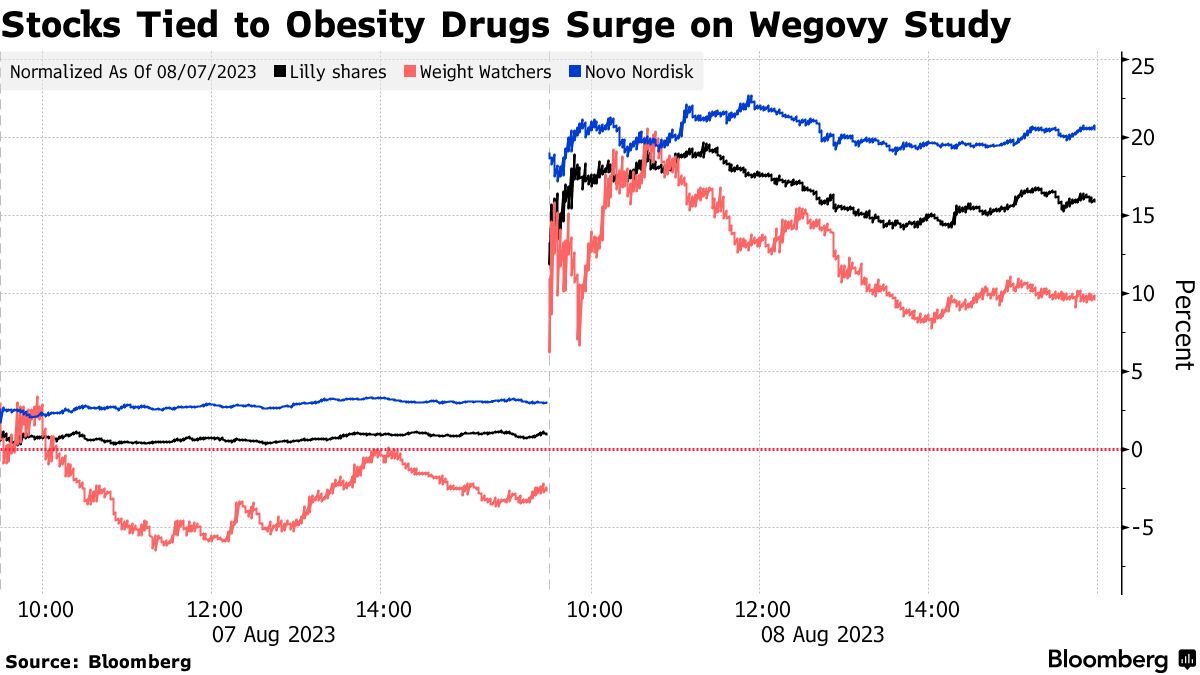Obesity is a growing concern worldwide, and finding effective weight management strategies is crucial for improving public health. Recent studies have shed light on the potential of GLP-1 receptor agonists, a class of drugs initially used for treating type 2 diabetes, in aiding weight loss for individuals without diabetes.
GLP-1 and Weight Loss: A New Horizon
GLP-1 receptor agonists work by mimicking the incretin hormone GLP-1, which regulates appetite and insulin secretion. Their role in weight loss is attributed to their ability to reduce appetite and food intake. Unlike other weight loss medications, GLP-1 receptor agonists have shown promising results in clinical trials, offering a new avenue for those struggling with obesity.
Clinical Trials and Results
In various clinical trials, participants without diabetes who were administered GLP-1 receptor agonists experienced significant weight loss compared to those on placebo. These findings suggest that GLP-1 receptor agonists could be a game-changer in the fight against obesity.
Safety and Side Effects
While the efficacy of GLP-1 receptor agonists is clear, it’s essential to consider their safety profile. Common side effects include gastrointestinal issues, but overall, they are well-tolerated. As with any medication, it’s important to consult healthcare professionals before starting treatment.
Conclusion: A Promising Future for Obesity Treatment
The use of GLP-1 receptor agonists for weight loss in individuals without diabetes represents a promising development in obesity treatment. With further research and clinical trials, these drugs could become a cornerstone in managing obesity, offering hope to millions seeking a healthier lifestyle.





